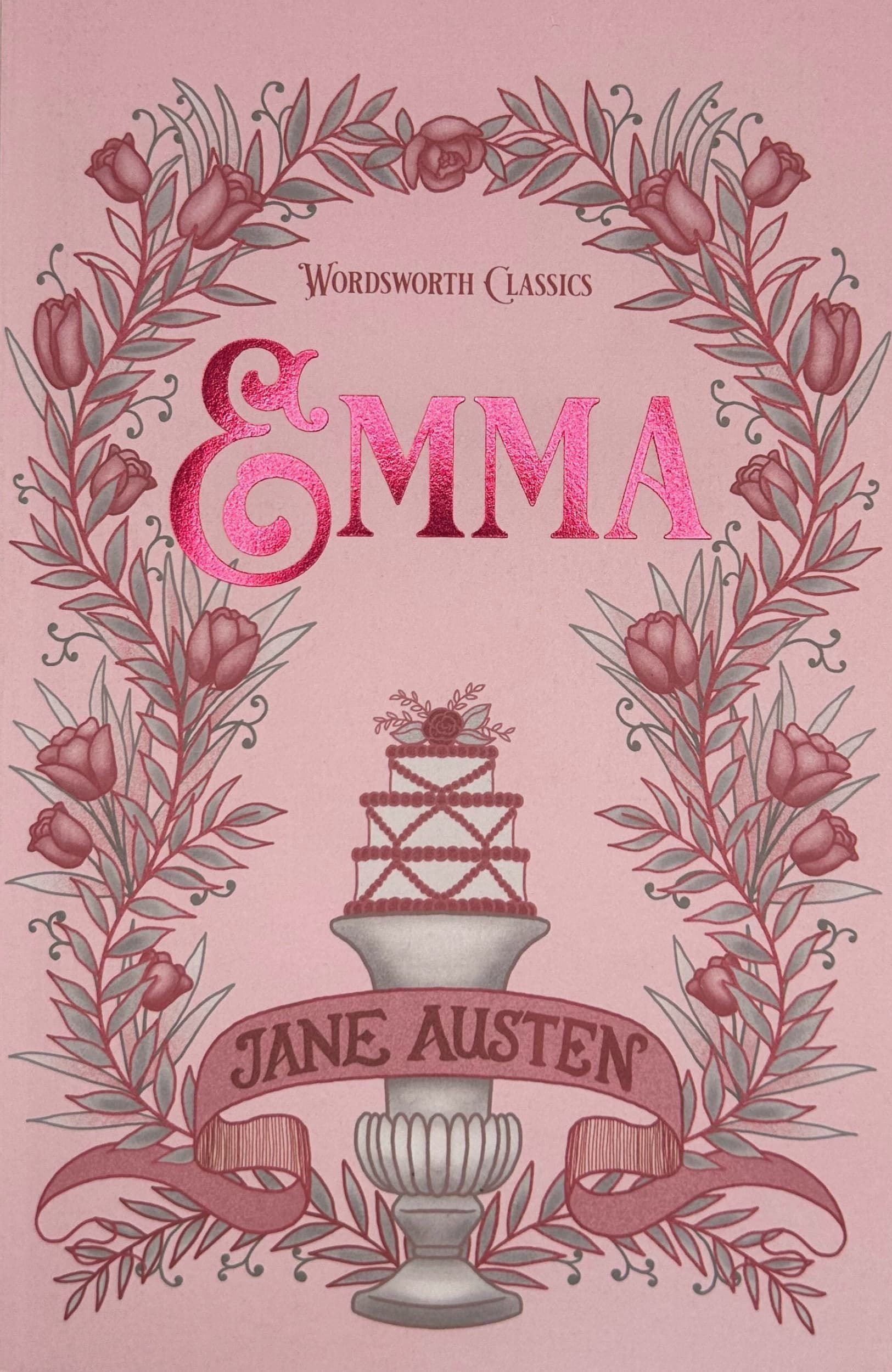The Clockmaker's Daughter is a 2018 novel by Kate Morton, an author I'd never heard of before this book. So far it hasn't been adapted. (There's a musical of the same name, but that has nothing to do with the book.)
It has several different narrators, all connected to the same house, each narrating from a different point in history: "Birdie", the title character, a ghost haunting Birchwood Manor; Elodie, a modern girl trying to solve a mystery about the manor; Ada, a schoolgirl in the late 1800s who almost drowns at the manor; Juliet, Elodie's great-grandmother, who stays at the manor with her children during World War II; and Lucy, who knew Birdie when she was alive. There are also a Dickensian amount of other characters, many of whom are connected to each other or some of the narrators without ever meeting them.
At first I started to read this book for three reasons: it was there, the cover was pretty, and I was bored. The first chapter or so didn't really interest me. I was considering giving it up when I got to the first part narrated by Birdie, the only first-person narrator in the book. At once I was hooked. The writing was excellent and so beautiful, the character was mysterious and had such a unique outlook on the world, and I wanted to learn more about her. So I read on.
Sometimes it was hard going. The novel suffers from one major flaw: too many narrators, and no clear distinction between their point of view and someone else's. Every time I started a new section I was left wondering, who's talking now? until I got used to their POV. Worse, each narrator comes with a different cast of characters surrounding them. It's something like Charles Dickens did in Bleak House: many characters, multiple narrators, and most of them only appear in one character's part of the story. Unlike in Bleak House, the characters aren't immediately distinctive and many of them blend together. I can't remember all their names.
The story's weakest part is undoubtedly its ending. There are simply too many loose threads left hanging. What was all that about Elodie's mother and the violinist? What about Elodie's engagement and Jack's family? What happened to the jewel? And most importantly, why did Lucy leave Birdie trapped in the hide-away? She knew she was there, she knew she had no way of getting out, but she left her to starve or suffocate there and only came back twenty years later! What the hell?
Whatever else can be said of the novel, at least the prose itself is good, and often beautifully poetic. My favourite scene in the book is the part where Tip says he wasn't afraid in the darkness because he could see all the tiny specks of light. The story of the Eldritch Children sounds like a real fairy tale, and the light in the window and Edward's late-night pursuit by something (that may or may not be a figment of his imagination) are all the more eerie because they aren't explained. And in spite of the unresolved subplots, the epilogue is both bittersweet and haunting.
Overall this novel has its flaws. I skipped some parts of it, and kept going back to others. But it also has its good moments.
Is it available online?: I don't think so.
Rating: 5/10.
At first I started to read this book for three reasons: it was there, the cover was pretty, and I was bored. The first chapter or so didn't really interest me. I was considering giving it up when I got to the first part narrated by Birdie, the only first-person narrator in the book. At once I was hooked. The writing was excellent and so beautiful, the character was mysterious and had such a unique outlook on the world, and I wanted to learn more about her. So I read on.
Sometimes it was hard going. The novel suffers from one major flaw: too many narrators, and no clear distinction between their point of view and someone else's. Every time I started a new section I was left wondering, who's talking now? until I got used to their POV. Worse, each narrator comes with a different cast of characters surrounding them. It's something like Charles Dickens did in Bleak House: many characters, multiple narrators, and most of them only appear in one character's part of the story. Unlike in Bleak House, the characters aren't immediately distinctive and many of them blend together. I can't remember all their names.
The story's weakest part is undoubtedly its ending. There are simply too many loose threads left hanging. What was all that about Elodie's mother and the violinist? What about Elodie's engagement and Jack's family? What happened to the jewel? And most importantly, why did Lucy leave Birdie trapped in the hide-away? She knew she was there, she knew she had no way of getting out, but she left her to starve or suffocate there and only came back twenty years later! What the hell?
Whatever else can be said of the novel, at least the prose itself is good, and often beautifully poetic. My favourite scene in the book is the part where Tip says he wasn't afraid in the darkness because he could see all the tiny specks of light. The story of the Eldritch Children sounds like a real fairy tale, and the light in the window and Edward's late-night pursuit by something (that may or may not be a figment of his imagination) are all the more eerie because they aren't explained. And in spite of the unresolved subplots, the epilogue is both bittersweet and haunting.
Overall this novel has its flaws. I skipped some parts of it, and kept going back to others. But it also has its good moments.
Is it available online?: I don't think so.
Rating: 5/10.













